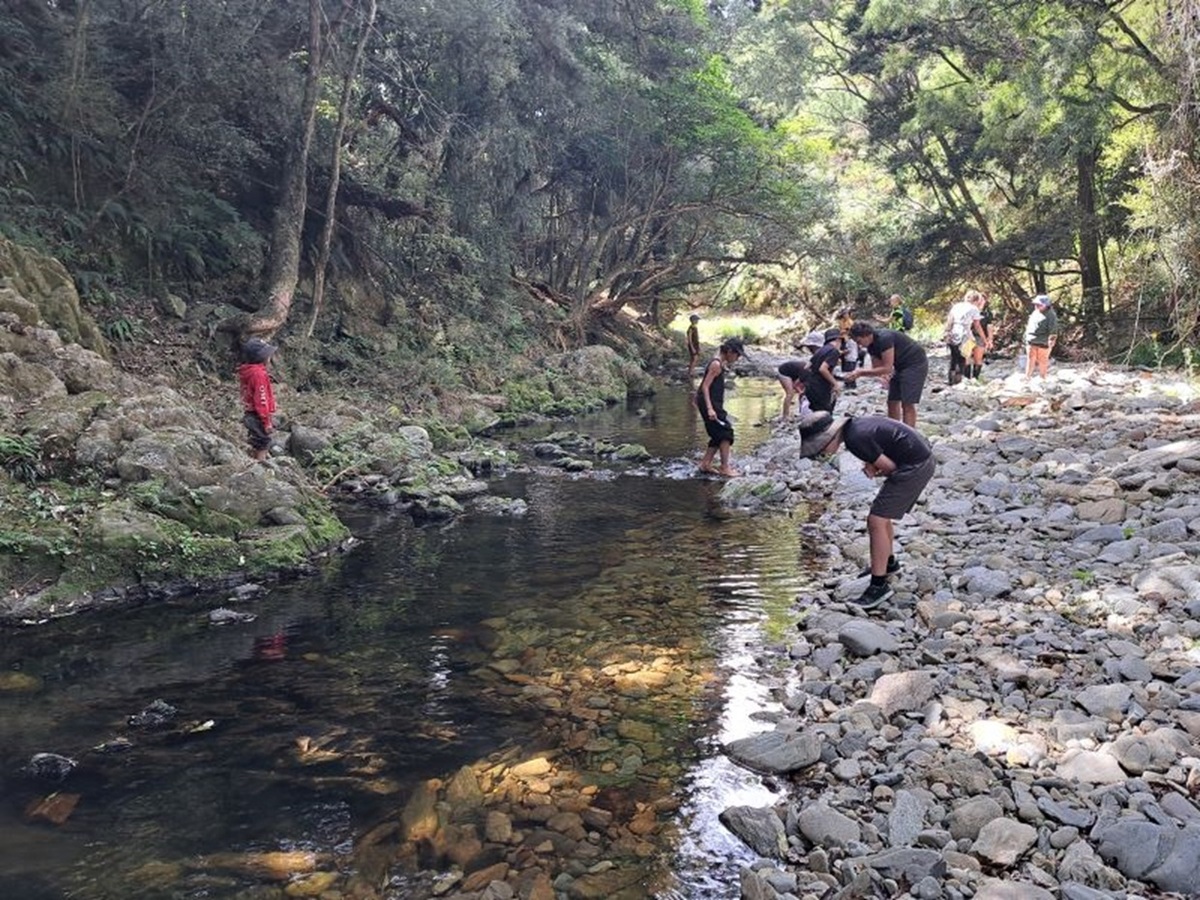ORC ‘extremely pleased’ with public response to draft plan
Staff Reporter
07 December 2023, 1:27 AM
 The Otago Regional Council was happy with the public response on its draft Land and Water Regional plan. Photo: Ashley Smyth
The Otago Regional Council was happy with the public response on its draft Land and Water Regional plan. Photo: Ashley SmythMore than 550 people across Otago offered their opinion on the Otago Regional Council’s draft Land and Water Regional plan.
By the November 7 closing date, there were 573 online public responses from individuals and organisations lodged with ORC, either by email or using the survey tool on the ORC’s website.
More than half of respondents had a focus on farming and forestry activities, while water allocation and activities in the beds of lakes and rivers were also a common topic.
Earthworks, damming, discharges of agrichemicals, wetlands, and outstanding waterbodies, were other topics to receive significant feedback, ORC policy and planning manager Fleur Matthews said.
Twelve public drop-in sessions held throughout Otago and two on-line meetings over two months, drew in more than 370 people.
There were also four targeted stakeholder sessions for specific interest groups: from the farming, forestry, territorial authorities, and environmental sectors.
“This report gives an overview of the feedback we got on each topic during the most recent stage of community and stakeholder engagement on the draft LWRP for Otago,” she said.
Fleur was “extremely pleased” with the 573 responses, which was up 590% on the previous round, at 83.
A report outlining the feedback was noted by ORC councillors in a meeting on Wednesday (December 6) in Dunedin.
Across the ORC’s designated Freshwater Management Units (FMU) or rohes, 31% of the feedback was “Otago-wide”, 15% each for the Taieri FMU and Manuherikia rohe, 13% North Otago FMU, 11% Lower Clutha rohe, 5% Dunstan rohe, 3% each Catlins FMU and Upper Lakes rohe, and 2% each Dunedin and Coast and Roxburgh rohe.
A summary was written off the feedback received, organised by main themes on each topic, she said.
“Although the summary doesn’t capture every single point of feedback provided, staff have reviewed and considered all the feedback, to assist with informing the next stage of plan drafting.”
Each topic has a summary of the key issues, including comments, support shown or concerns raised over issues and in some cases alternative suggestions.
The areas of most interest to responders:
- About 60% of respondents commented on the draft provisions in the primary production chapter.
- About 25% of respondents commented on the draft provisions in the water quantity chapter.
- About 25% of respondents commented on the draft provisions for the management of activities in the beds of lakes and rivers chapter.
- About 10% of respondents commented on the draft provisions in the damming and diversions, earthworks and drilling, other discharges, and wetlands chapters, as well as the provisions for managing outstanding water bodies.
Where does the process go from here?
There were two public Environmental Science and Policy (ESP) workshops in November, where staff summarised the main feedback across certain topics and sought policy direction from the committee.
On Wednesday, staff put forward the paper which summarised the feedback received, for noting by councillors.
On December 14 there will be a full-day briefing for ESP to talk through the draft plan that will be available for Clause 3 consultation in 2024. Public are excluded from the briefing, as it will be subject to legal privilege.
The council will see a draft “pre-notification consultation” version of the plan this month, and will be asked in June next year to approve the plan for notification.




